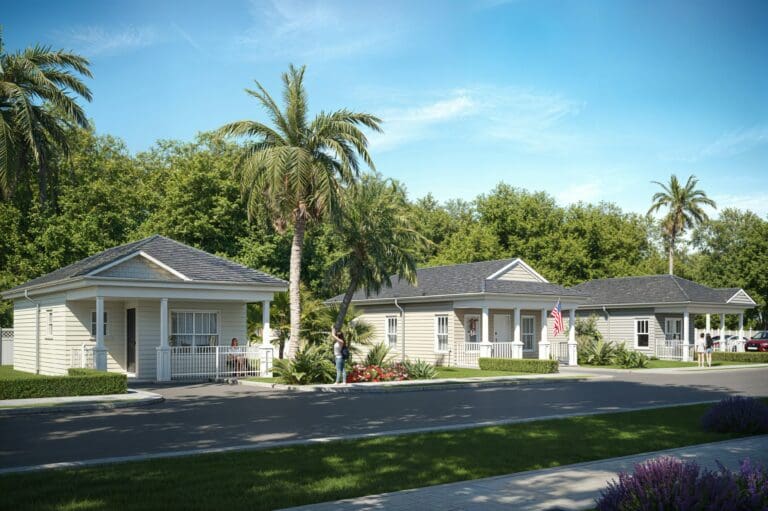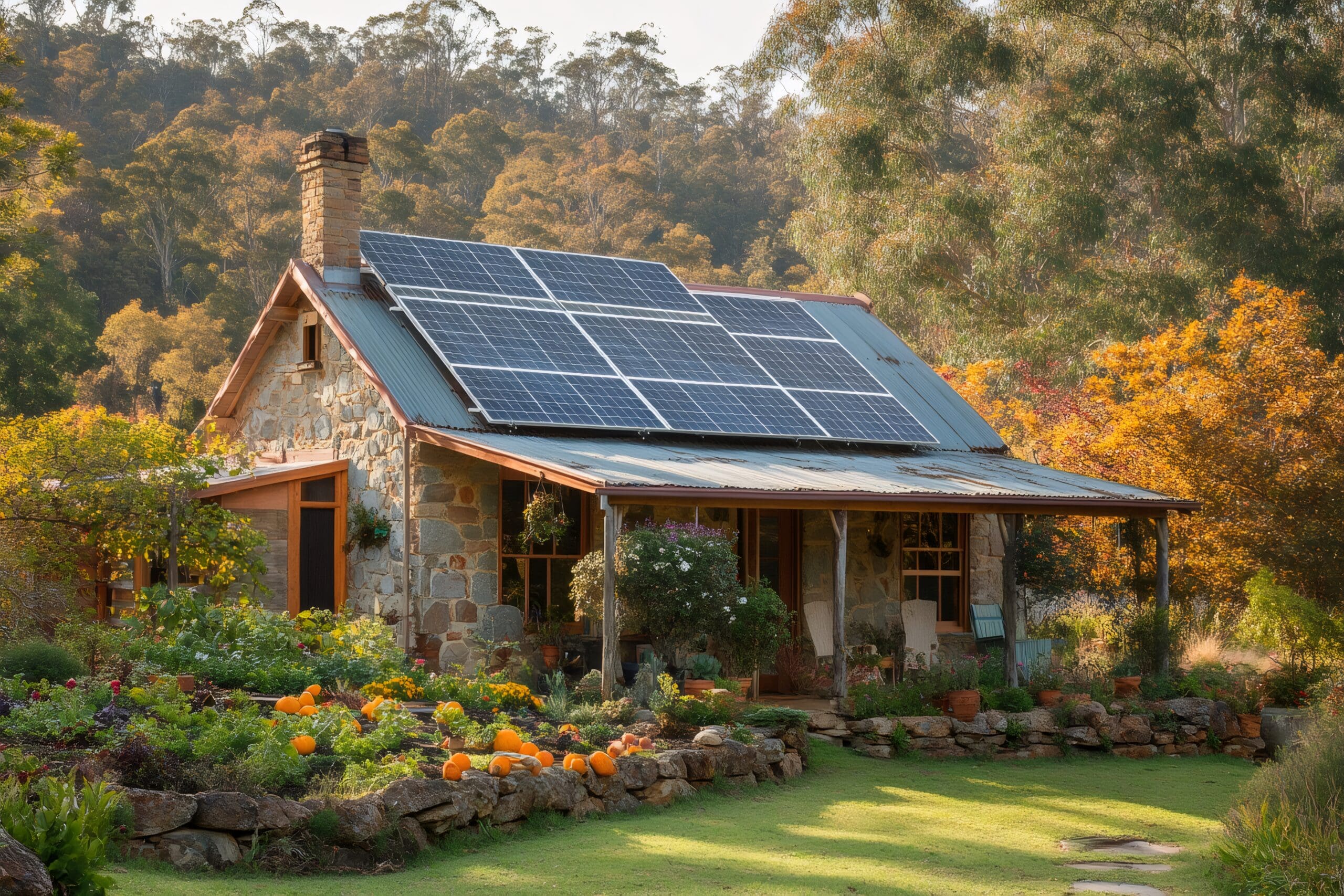Off-grid living is an increasingly popular lifestyle choice, especially among those residing in tiny homes. This approach involves living independently from public utilities, relying on sustainable practices for energy, water, and waste management. The appeal of this lifestyle is rooted in the desire for environmental conservation and self-sufficiency. Tiny homes offer a minimalist and eco-conscious way of living, making them an ideal choice for those looking to reduce their ecological footprint.
Water Sourcing and Management
For those living off-grid in tiny homes, sourcing and managing water is crucial. Common methods include rainwater harvesting and well drilling, both of which allow residents to collect and utilize water independently. Water purification and storage systems are essential to ensure a safe and reliable water supply. Innovative technologies, such as greywater recycling and low-flow fixtures, can further enhance water efficiency in tiny homes. In Florida, the local climate and rainfall patterns play a significant role in water sourcing strategies, with the state’s abundant rainfall providing ample opportunities for rainwater collection.
Energy Independence
Achieving energy independence is a cornerstone of off-grid living. Renewable energy options such as solar panels, wind turbines, and portable generators are popular choices for powering tiny homes. Setting up and maintaining these energy systems requires careful planning and regular upkeep. Energy-efficient appliances and smart home technologies can significantly reduce energy consumption, making them valuable additions to an off-grid home.
Waste Management Solutions
Effective waste management is another critical aspect of off-grid living. Composting toilets offer a sustainable alternative to traditional sewage systems, converting waste into usable compost. Greywater recycling systems can be used to treat and reuse water from sinks and showers, reducing overall water consumption. In Florida, local regulations must be considered when implementing waste management solutions, as compliance with state and municipal guidelines is essential. Adopting eco-friendly habits, such as reducing waste and recycling, further supports sustainable living.
Legal Considerations for Off-Grid Living in Florida
Navigating the legal landscape is an important step for those interested in off-grid tiny home living in Florida. Zoning laws and building codes vary by location and can impact the feasibility of off-grid setups. Obtaining necessary permits and approvals is crucial to ensure compliance with local regulations. While challenges exist, Florida’s legal framework also presents opportunities for innovative housing solutions. Understanding these regulations and seeking guidance from local authorities can help prospective tiny home owners overcome legal hurdles.
Community and Cultural Aspects
The community of off-grid tiny home enthusiasts is growing in Florida, with many individuals seeking support and shared resources to enhance their living experience. Community groups and events provide valuable opportunities for connection and collaboration. Florida’s cultural attitudes towards sustainability and eco-friendly living are evolving, with increasing emphasis on reducing environmental impact. Local events and groups dedicated to off-grid living offer a platform for sharing knowledge and promoting sustainable practices.
Challenges and Solutions in Off-Grid Tiny Home Living
Living off-grid in a tiny home presents unique challenges, such as limited space and resource management. Practical solutions, like multipurpose furniture and efficient storage, can help maximize space. Effective resource management strategies, including careful planning and regular maintenance, are key to overcoming these challenges.
Future Trends and Innovations
Emerging trends and technologies are shaping the future of off-grid living, offering new possibilities for tiny home residents. Innovations in renewable energy, water management, and waste disposal continue to evolve, enhancing the sustainability of off-grid homes. Florida is playing a significant role in pioneering these eco-friendly solutions, with a growing focus on sustainable housing. As environmental challenges persist, the importance of sustainable living is increasingly recognized, driving further advancements in off-grid living technologies.
Off-grid living in tiny homes offers a viable path to sustainability and self-sufficiency. By embracing renewable energy, efficient water management, and eco-friendly waste solutions, residents can significantly reduce their environmental impact. Florida’s unique climate and cultural landscape provide both opportunities and challenges for those pursuing this lifestyle. As trends and technologies continue to advance, the future of off-grid living looks promising, paving the way for more sustainable housing solutions. Contact One and Only Tiny Homes for more information on tiny home living.


